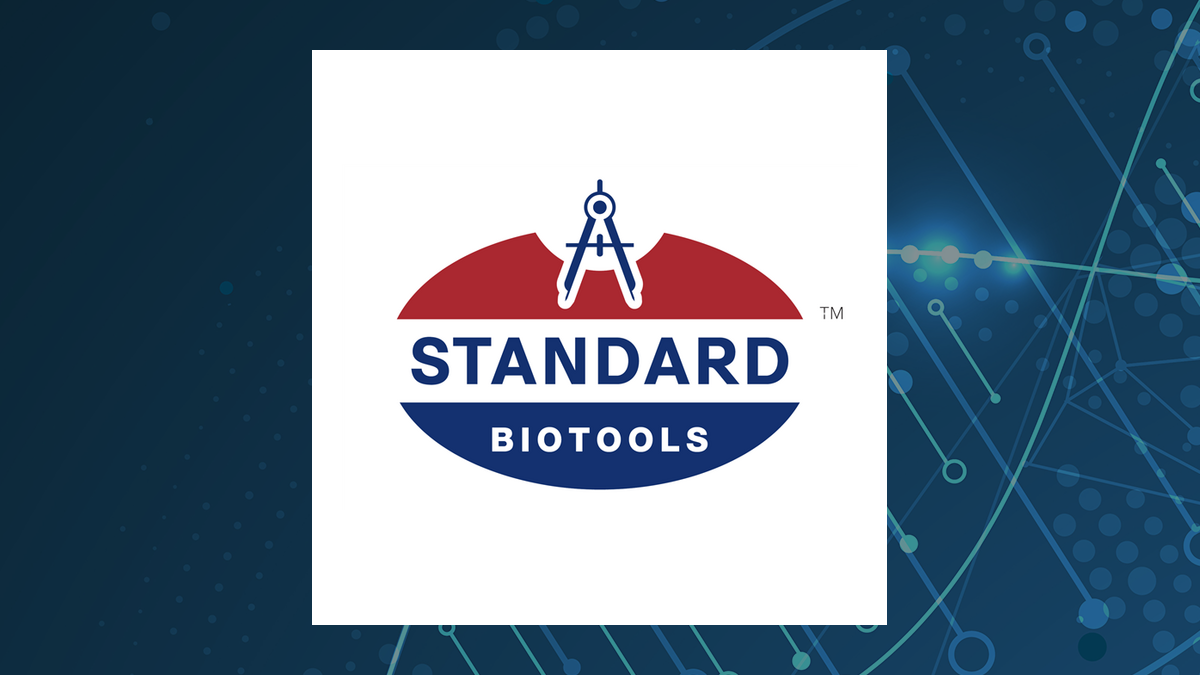Health
Standard BioTools and Veeva Systems: A Comprehensive Business Comparison

In a detailed analysis of two prominent companies in the medical sector, Standard BioTools (NASDAQ:LAB) and Veeva Systems (NYSE:VEEV), various factors such as valuation, institutional ownership, profitability, and earnings were compared to determine which company holds a stronger position in the market.
Analyst Recommendations and Price Targets
Current analyst recommendations reveal significant differences in market expectations for both companies. According to MarketBeat.com, Standard BioTools has a consensus target price of $1.35, suggesting a potential upside of 8.87%. In contrast, Veeva Systems boasts a higher target price of $307.28, indicating a potential upside of 4.79%. The higher probable upside for Standard BioTools suggests a more favorable outlook from equities research analysts.
Ownership and Profitability Insights
Ownership structures also highlight contrasting investor confidence levels. Institutional investors hold 53.7% of Standard BioTools shares, compared to a substantial 88.2% ownership in Veeva Systems. Additionally, company insiders own 23.2% of Standard BioTools, while Veeva Systems has insider ownership of 10.3%. High institutional ownership typically reflects a belief among major investors that a company will outperform the market in the long run.
In terms of profitability, Veeva Systems outperforms Standard BioTools in revenue and earnings. However, Standard BioTools currently trades at a lower price-to-earnings ratio, suggesting it may be a more affordable investment option at this time.
Risk and Volatility Analysis
Evaluating market volatility, Standard BioTools has a beta of 1.25, indicating its stock price is 25% more volatile than the S&P 500 index. In comparison, Veeva Systems has a beta of 0.98, suggesting its stock is 2% less volatile than that of the S&P 500. These figures imply that investors in Standard BioTools may face greater price fluctuations compared to those in Veeva Systems.
Company Overviews
Standard BioTools Inc., headquartered in South San Francisco, California, provides a range of instruments, consumables, reagents, and software services aimed at researchers and clinical laboratories across various regions, including the Americas, Europe, the Middle East, Africa, and Asia-Pacific. The company operates in two segments: Proteomics and Genomics. Key products include the CyTOF XT System for high-parameter single-cell analysis and the X9 Real-Time PCR System for microfluidics-based workflows. Standard BioTools, formerly known as Fluidigm Corporation, rebranded in April 2022.
On the other hand, Veeva Systems Inc., based in Pleasanton, California, specializes in cloud-based software solutions tailored for the life sciences sector. Its offerings include the Veeva Commercial Cloud and Veeva Development Cloud, which encompass various applications for customer relationship management, clinical and regulatory functions, and data analytics. The company was originally incorporated as Verticals onDemand, Inc. in 2007 and rebranded to Veeva Systems Inc. in April 2009.
In summary, while Veeva Systems leads in revenue and profitability, Standard BioTools presents a more attractive potential upside based on analyst targets. Investors will need to weigh the advantages of Veeva’s established market position against the growth potential of Standard BioTools as they make decisions in this evolving healthcare market.
-

 Technology5 months ago
Technology5 months agoDiscover the Top 10 Calorie Counting Apps of 2025
-

 Health3 months ago
Health3 months agoBella Hadid Shares Health Update After Treatment for Lyme Disease
-

 Health3 months ago
Health3 months agoErin Bates Shares Recovery Update Following Sepsis Complications
-

 Technology4 months ago
Technology4 months agoDiscover How to Reverse Image Search Using ChatGPT Effortlessly
-

 Technology1 month ago
Technology1 month agoDiscover 2025’s Top GPUs for Exceptional 4K Gaming Performance
-

 Technology3 months ago
Technology3 months agoElectric Moto Influencer Surronster Arrested in Tijuana
-

 Technology6 days ago
Technology6 days agoOpenAI to Implement Age Verification for ChatGPT by December 2025
-

 Technology5 months ago
Technology5 months agoMeta Initiates $60B AI Data Center Expansion, Starting in Ohio
-

 Technology5 months ago
Technology5 months agoRecovering a Suspended TikTok Account: A Step-by-Step Guide
-

 Health5 months ago
Health5 months agoTested: Rab Firewall Mountain Jacket Survives Harsh Conditions
-

 Health3 months ago
Health3 months agoAnalysts Project Stronger Growth for Apple’s iPhone 17 Lineup
-

 Lifestyle5 months ago
Lifestyle5 months agoBelton Family Reunites After Daughter Survives Hill Country Floods





















